European Council adopts mandate to combat forced labour in EU market

Insights
- The European Council has adopted a mandate to combat forced labour in the EU, extending regulations to include distance sales and creating a portal for information.
- The European Commission's role in investigations is emphasised, with a focus on transparency and cross-border coordination.
- The mandate will be negotiated with the European parliament.
The council's mandate extends the scope of the regulation to include products offered for distance sales and envisages the creation of a forced labour single portal. It also highlights the importance of the commission's role in the investigative process, the European Council said in a press release.
The commission's proposal aims to prohibit products made with forced labour, as defined by the International Labour Organization, from being placed or made available on the EU market or exported to third countries. Competent authorities are tasked with assessing forced labour risks based on various sources, including civil society submissions, a database on risk areas or products, and companies' due diligence in relation to forced labour.
In case of reasonable indications of forced labour, authorities are to initiate investigations, which may involve requests for information, checks, and inspections in the EU or third countries. If forced labour is confirmed, the authorities will order the withdrawal of the product and ban its market placement and export.
Small and medium-sized enterprises (SMEs) are not exempt from the regulation, but the size, economic resources, and scale of forced labour will be considered before initiating formal investigations. The proposal also includes specific support tools for SMEs to comply with the regulation.
The proposal foresees the establishment of a union network against forced labour products to coordinate measures taken by competent authorities and the commission. The council's mandate formalises this network, enhancing administrative cooperation and ensuring its active participation throughout the banning process.
The council mandate strengthens the European Commission's role in reducing administrative burdens and simplifying case allocation. The commission will assess whether products are of EU’s interest based on criteria such as the scale and severity of suspected forced labour, risks located outside the EU, and significant impact on the internal market.
The mandate simplifies coordination in cross-border investigations by designating a lead competent authority and involving the EU network to ensure transparency. Field inspections, seen as a last resort, should respect national sovereignty and focus on locations with suspected forced labour risks.
When inspections are needed outside the EU, the commission will contact third country governments to conduct inspections on suspected cases. Rejection of such requests by third countries may be considered non-cooperation, allowing the commission to make decisions based on other evidence.
The commission is responsible for preparing the final decision to ban a particular product through an implementing act, with a non-confidential summary to be provided on the forced labour single portal. The council's mandate now provides a basis for negotiations with the European parliament, which adopted its position on November 8, 2023. Interinstitutional negotiations are set to start promptly.Top of Form
“It is appalling that in the 21st century slavery and forced labour still exist in the world. ILO estimates that 27.6 million people were in forced labour. This hideous crime must be eradicated and the first step to achieve this consist in breaking the business model of companies that exploit workers. With this regulation, we want to make sure that there is no place for their products in our single market, whether they are manufactured in Europe or abroad. The presidency ambitions to finish the interinstitutional negotiations before the end of this legislative term,” said Pierre-Yves Dermagne, Belgian deputy prime minister and minister for the economy and employment.
Fibre2Fashion News Desk (DP)



20240504122910.png)

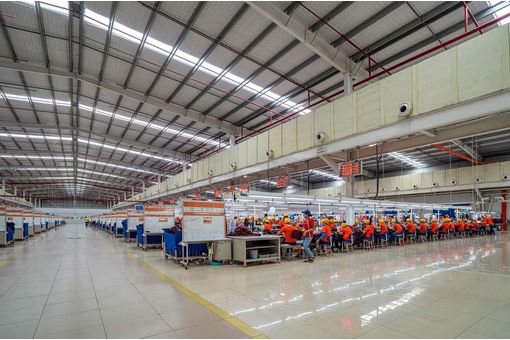
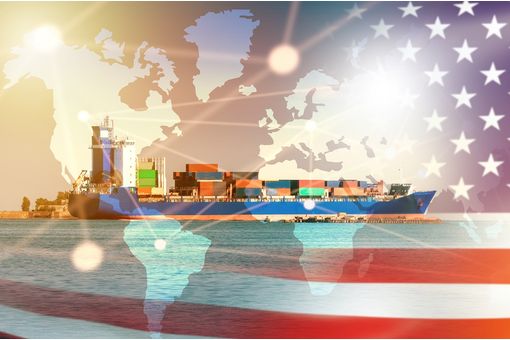

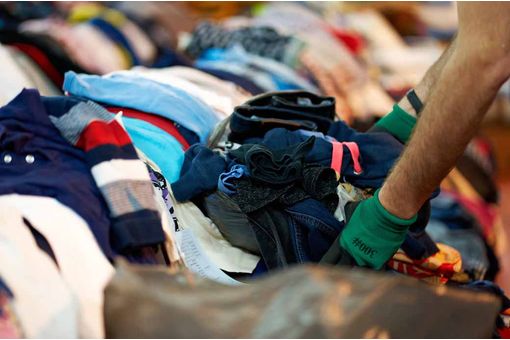

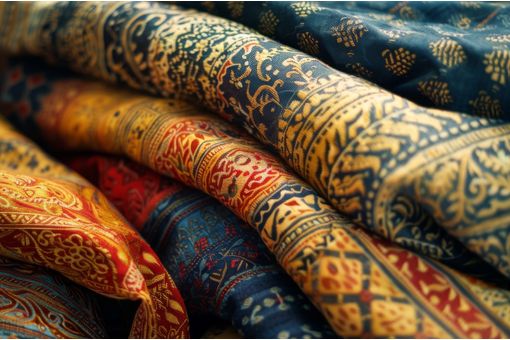


















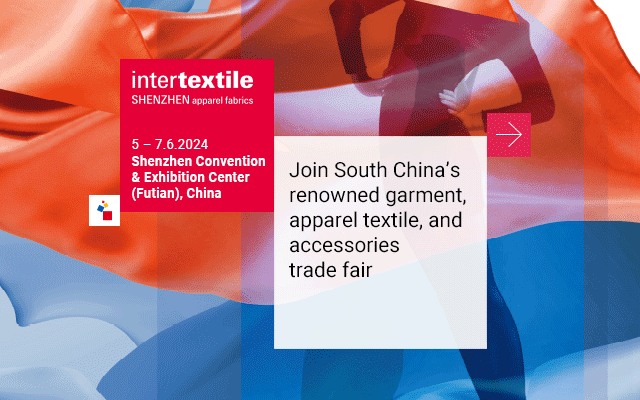


-Ltd..jpg?tr=w-120,h-60,c-at_max,cm-pad_resize,bg-ffffff)





.jpg?tr=w-120,h-60,c-at_max,cm-pad_resize,bg-ffffff)
.jpg?tr=w-120,h-60,c-at_max,cm-pad_resize,bg-ffffff)






